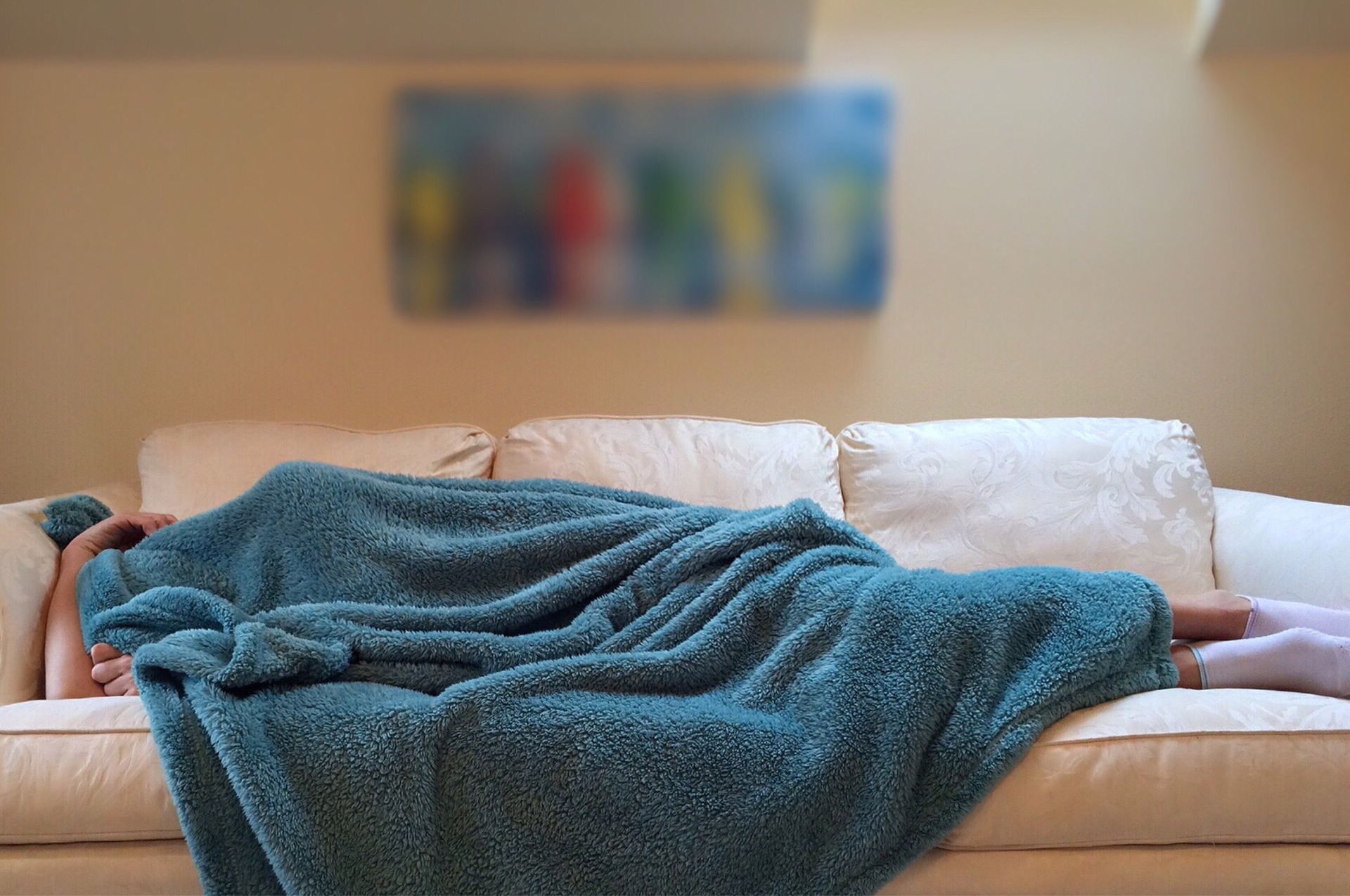
When we think about what constitutes healthy living, proper diet and exercise are often the first two things that come up, but there’s another element being overlooked by many Americans: sleep. There’s no question that life in the United States is far busier in comparison to other nations. From Netflix binges to poor work-life balances, it seems there is no shortage of reasons to skirt getting the extra sleep we so desperately need. In fact, more than 1 in 3 Americans are not getting enough sleep on a regular basis. The American Academy of Sleep Medicine recommends at least 7 hours of sleep for adults aged 18-60. Staying consistent and getting enough hours can help keep you performing at your best.
Before going too far into why you need enough sleep, let’s briefly touch on how we sleep. Our bodies go through several different stages while asleep. These stages essentially boil down to either non-REM sleep or REM sleep. You’ve probably heard of REM sleep before; REM stands for rapid eye movement. During this time, your brain becomes much more active. Our bodies move into REM sleep approximately every 90 minutes and only for a duration of about 10 minutes, but subsequently increase in duration the longer you sleep. It’s during this time when we dream. Non REM sleep, the sleep leading up to REM, consists of three different stages. The first stage occurs in the initial 5-10 minutes of falling asleep. You can easily wake up from this stage. Stage two is considered light sleep. This is when your body temperature starts decreases and your heart rate slows. From here, you transition to stage three, deep sleep. It’s during deep sleep that your body begins repairing itself. So, consider how much you actually sleep and whether your body is able to successfully cycle through these different stages enough in a night.
You might be telling yourself that you don’t need 7+ hours of sleep, that you feel fine with only five or six, but consider the role sleep plays in our health. Proper sleep has numerous benefits ranging from physical to mental. Studies have shown that when you’re well rested, you have an improved ability to learn. Both children and adults commonly express irritability, moodiness, and lack of motivation when sleep deprived. Proper sleep routines can help you stay on your mental A-game.
On top of the mental benefits of getting enough sleep, there are numerous physical benefits too. Simply put, your body heals itself in different ways when sleeping. Cut that short and you could be shortchanging your health. For example, insulin, the hormone that controls your blood sugar level, is affected by your sleep. Irregularity or poor control of your body’s insulin can increase the risk of diabetes, which currently affects more than 100 million Americans. Failure to manage diabetes can lead to heart disease, kidney failure, and the amputation of legs and feet. And that’s just ONE way that proper sleep impacts your health. Its impact can be seen from muscle repair to regulating your body weight. Considering all the reasons why getting enough sleep is so important, let’s look at how you can improve your sleep.
The human body performs a lot of remarkable functions. It even has its own internal clock called circadian rhythm. Circadian rhythm helps your body naturally know when it’s time to be awake versus when it’s time to sleep. It’s this phenomenon that causes us to feel alert and sleepy at regular times each day. Going against your circadian rhythm can lead to poorer sleep. Of course, there are instances where we must work against our circadian rhythm. Some jobs, for example, rely on employees to work through the night, essentially inverting their sleep/wake schedule. Artificial light also plays a role in impacting our circadian rhythm. The blue light emitted from cell phones can disrupt your body’s sense of time, making it harder to fall asleep. Challenges like this can be compound by the seasons as days grow shorter or longer. Knowing that everyone’s situation will vary, here are some general tips to help improve your sleep.
- Make a sleep schedule and stick to it. Your body will become more accustomed to the routine and it helps ensure you’re getting enough sleep.
- If you have trouble falling asleep, avoid napping and caffeine late in the day.
- Get enough exercise. Aside from the obvious benefits of regular exercise, it can also help make it easier to fall asleep.
- Avoid bright light before bed. Mobile devices like cell phones, tablets, and laptops emit blue lights that can interfere with your circadian rhythm, hindering sleep quality and making it harder to fall asleep.
- Get a comfortable mattress and pillow. This probably seems like a no-brainer, but it’s a critical element nonetheless. With so many options available, finding the right setup can seem a bit daunting, but rest assured that it’s worth the effort.
If you find yourself falling into the category of those who don’t get enough sleep, evaluate what is keeping you from the much-needed rest. In some cases, it may be as simple as not watching the extra show or putting the phone down a little earlier. Whatever your situation may be, we encourage you to find a system that works best for you. Combining proper diet and exercise with adequate regular sleep is a recipe to help you feel and live your best. For more content on healthy living, check out the rest of our blog.
